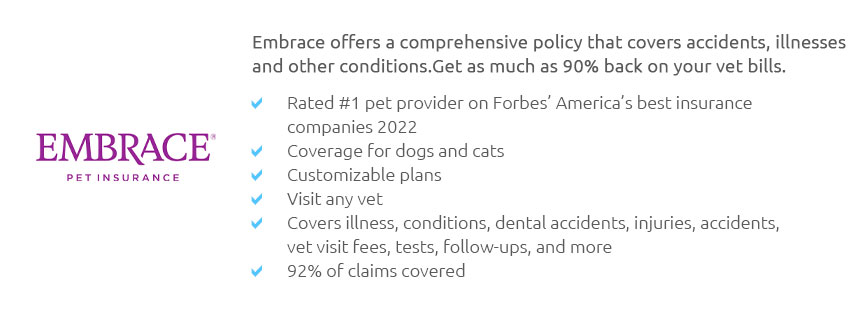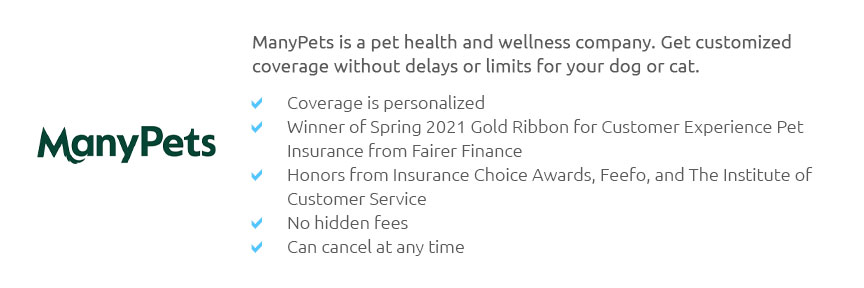 |
 |
 |
 |
 |
 |
|
 |
|
 |
|
 |
|
 |
|
 |
 |
 |
 |
 |
 |
 |
 |
Understanding Pet Health Care Plans: A Comprehensive GuideIn today's world, where our pets are not just animals but cherished members of our families, ensuring their health and well-being is paramount. Pet health care plans have emerged as a popular choice among pet owners, offering a structured way to manage veterinary expenses and maintain routine care. But what exactly are these plans, and how do they benefit both pets and their owners? At their core, pet health care plans are designed to provide a proactive approach to managing your pet's health. These plans typically cover routine check-ups, vaccinations, dental care, and sometimes even emergency services, depending on the provider. The concept is simple yet effective: by paying a monthly or annual fee, pet owners can spread out the costs of essential veterinary services, ensuring their pets receive regular and comprehensive care without the burden of unexpected expenses. Why Consider a Pet Health Care Plan? For many, the primary allure of a pet health care plan is the peace of mind it offers. Knowing that you can afford the care your pet needs without the financial strain is invaluable. Moreover, regular check-ups and preventive care can help catch potential health issues early, often leading to more favorable outcomes and less invasive treatments. This proactive approach is not only beneficial for your pet's health but can also significantly reduce long-term veterinary costs. One might argue that pet health care plans are not one-size-fits-all. Indeed, the best plan is one that aligns with your pet's specific needs, lifestyle, and health history. For instance, a plan that works for a young, active dog might not be suitable for a senior cat with pre-existing conditions. Therefore, it's crucial to assess what each plan covers and whether it meets your pet's unique requirements. Some plans even offer add-ons for specialized treatments, giving you the flexibility to customize according to your pet's needs.
It is worth noting that while pet health care plans offer numerous advantages, they are not the same as pet insurance. Insurance is typically used for unexpected illnesses or injuries, covering a portion of the treatment costs after they occur. In contrast, health care plans emphasize preventive and routine care. Some pet owners choose to combine both options, using health care plans for regular maintenance and insurance for emergencies, thereby providing a comprehensive safety net for their pets. In conclusion, pet health care plans represent a thoughtful investment in your pet's health and well-being. They not only promote regular veterinary visits, which are vital for early detection and prevention of diseases, but they also alleviate the financial unpredictability associated with pet care. As with any financial commitment, it's essential to research and compare different plans, considering factors such as coverage, cost, and provider reputation. Ultimately, the right plan can enhance the quality of life for your pet, allowing you to enjoy more moments of joy and companionship together. https://www.unitedpetcare.com/
The affordable pet health savings plan that works for all pets. A pet care plan that you and your pet will love. Become a UPC member and save instantly on every ... https://www.akcpetinsurance.com/
AKC Pet Insurance offers pet insurance to both cats and dogs of all ages and breeds. Get a free quote from our calculator today or call us at 866-725-2747. https://www.myvetshealthplan.com/
Having both a Pet Health Plan and Pet Insurance with Vetsure means that you will be able to budget for all of your veterinary costs helping to keep your pet ...
|